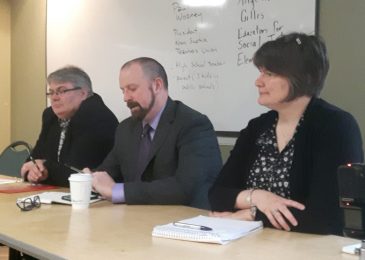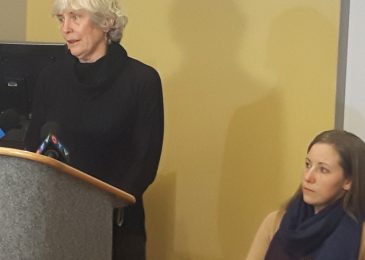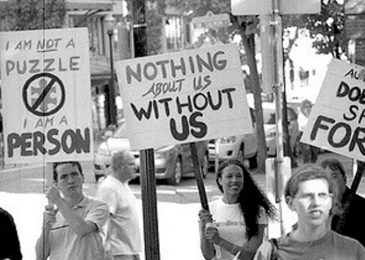“I don’t even understand who to go to anymore” – Town hall looks at the state of education after the Glaze report
I attended a town hall on the state of public education in Nova Scotia. What emerged was a system still very much in crisis, but with teachers and parents demonstrating a real desire to listen and learn from one another.










